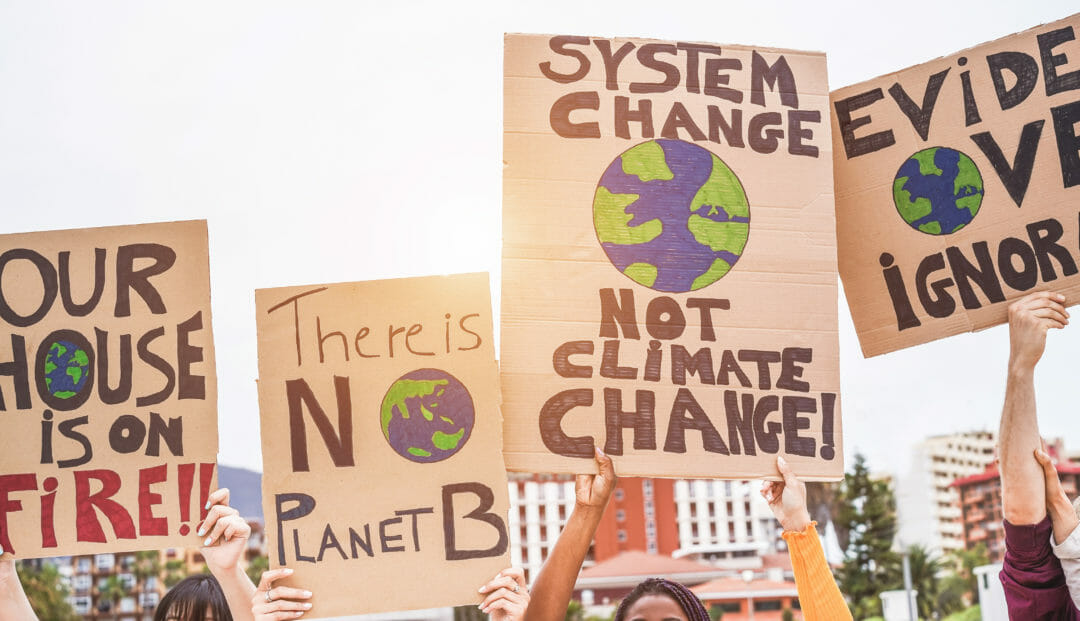Increasingly, climate change has become a global talking point.
Following the Climate Change Act 2008, to the targets set out in the 2015 Paris Agreement and more recently, the Australian wildfires and Greta Thunberg’s United Nations speech which resonated internationally, there is widespread acknowledgment that climate change must be addressed on an individual basis and as part of corporate responsibility.
Lord Sales recently gave a speech in Sydney, noting its inevitable intersection with both the legal and business worlds. What role can, or does the law play in implementing and enforcing company and director obligations in the context of climate change?
In England and Wales, all directors are bound by a general duty under section 172(1) to the Companies Act 2006 (CA2006): “a director of a company must act in the way he considers, in good faith, would be most likely to promote the success of the company for the benefit of its members as a whole, and in doing so have regard (amongst other matters) to…” which details a broad list of factors. This includes section 172(1)(d), which expressly refers to the need for directors to consider the impact of a company’s operations on the community and the environment.
Operating alongside the general duty in section 172(1) is the need for all directors to exercise reasonable care, skill and diligence (section 174 CA2006).
Assessing whether a director has exercised these requirements is a two-part test: (a) whether it would be reasonable to expect a reasonably diligent person with the same level of knowledge, skill and experience to act in the same way; and (b) what is within the general knowledge, skill and experience of that director. Such decisions require directors to consider and understand any material risks posed to the company, and formulate an appropriate response.
Companies operate with the desire of pursuing positive financial performance and prospects within the best interests of their shareholders. On a literal interpretation of section 172(1)(a)-(f) CA2006, directors are bound to always consider these factors when making important decisions on behalf of companies.
Anything remotely related to the environment has historically been categorised by companies under corporate social responsibility, a responsibility they take seriously, but often with little thought as to its interaction with directors’ statutory obligations. Arguably this approach undervalues the power of section 172(1)(d) CA2006. The non-exhaustive nature of these factors means, not only do directors need to consider the factors set out therein, but also they need to consider additional factors. These include long-term considerations such as environmental sustainability and risk management, and on the proviso they are reasonable, potentially and previously unforeseen factors.
How can organisations meet their customers’ sustainability demands?
With the changes in public mood and in turn, increasing shareholder concerns about climate change, it is inevitable the regulatory and political landscape has been, and will continue to evolve from the traditional idea that environmental issues are separate, rather than intertwined within a company’s day-to-day matters.
Responses to climate change by directors should be prompt and decisive. This presents challenges to companies: how should they adapt existing company policies and strategies to lower their financial risk exposure, deal with regulatory pressures and mitigate their carbon footprint in the context of long-term
business viability and sustainable value? It is clear the easiest way would be to stick to the status quo. In turn, this disregards the significant weight of climate change issues, and poses various financial and reputational risks to the company, which could be in breach of directors’ statutory duties.
Directors of all companies should be proactive when thinking about climate change. Larger corporations have clear regulatory and legal disclosure requirements to follow, including various annual general obligations to disclose the company’s energy consumption and extent of carbon dioxide emissions.
Directors of smaller companies should also ensure change is implemented now. The need for change is pressing: directors could be in breach of their statutory duties given the potential financial impact on the company and negative effects on the environment. Smaller companies could:
• take specialist advice on the environmental impact of the company;
• appoint a person to the board to deal primarily with environmental matters; and
• involve employees: by encouraging a paperless, plastic-less environment and the turning off of lights and systems.











